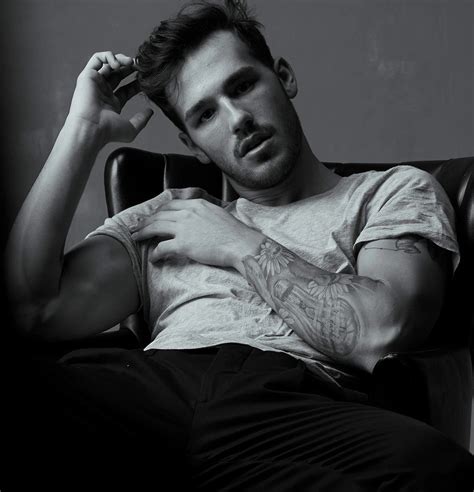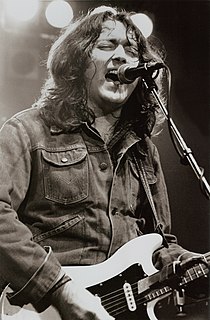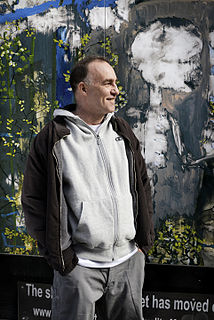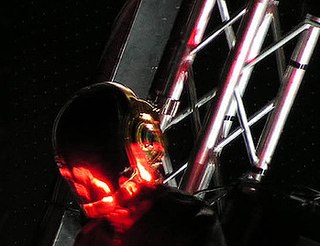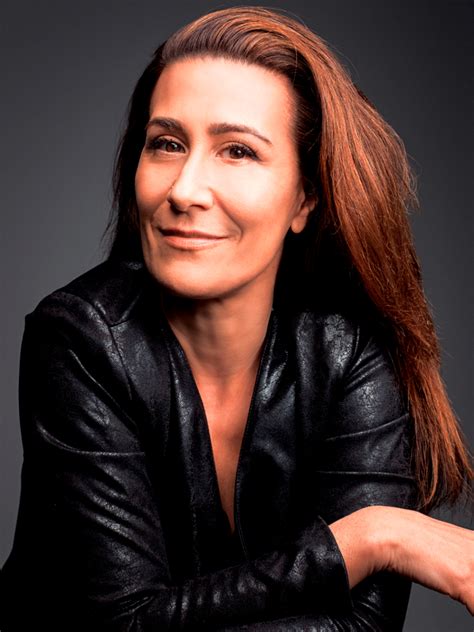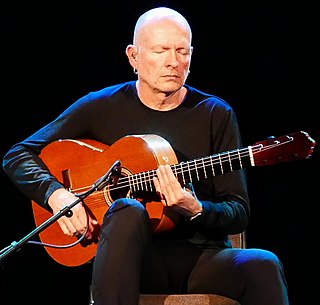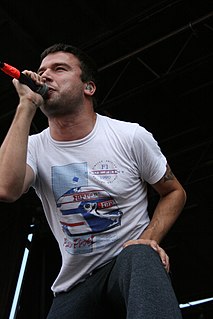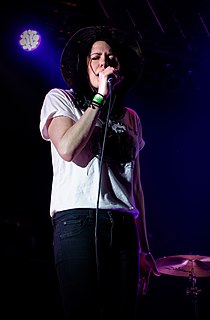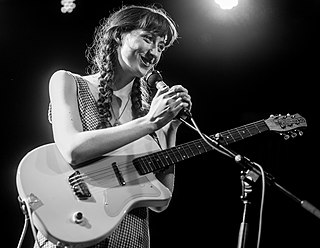A Quote by Philip Glass
I think I'm really part of a whole generational movement in a way. I think a lot of other people since and during this time have gotten interested in writing what we can still call experimental music. It's not commercial music. And it's really a concert music, but a concert music for our time. And wanting to find the audience, because we've discovered the audience is really there. Those became really clear with Einstein on the Beach.
Related Quotes
Playing live is much more natural for me. The instant reaction and the feedback from the audience is great for me. I really relish it. And if you play blues-based music, it's not really academic music or recital music. It really needs a bit of atmosphere and a bit of interplay and a bit of roughness, and you really get that with an audience.
So what's happening with the audio/visuality, for the first time we are doing the music - the people who would come to the concert love the music - they loved him and loved his music - for the first time in concert it's not only the music. Now it's time to know the man. We know the music, but what was the man like?
A book, at the same time, also has to do with what I call a buzz in the head. It's a certain kind of music that I start hearing. It's the music of the language, but it's also the music of the story. I have to live with that music for a while before I can put any words on the page. I think that's because I have to get my body as much as my mind accustomed to the music of writing that particular book. It really is a mysterious feeling.
I think a lot of people get intimidated by the language of music, but everyone owns music. I think there's nothing standing in between a composer and her audience. I think a lot of people feel that way because they feel it's rarefied, but it's really not. You should feel the impact of it without being able to name it because it's ultimately a primal thing.
I am not really thinking, I am just, working with the music. And people have asked me, why don't you say more, or why do you not have singers, or why don't you sing? I think it's because, if I would have words for what I am doing, I I could write. But I really don't. It's a whole different thing. And I think it's one of the beauty of instrumental music is that it can be background. It can be what people call "easy listening." But it's really one of those things where it's as much as you are willing to give it.
I was really sick of bands just ignoring the audience as a posture in rock music. And I think we fed off each other in terms of trying to engage the audience, not in a hammy way, but actually trying to be aware of the space that you are playing in and trying to connect in some way through the music.
When I was growing up, I wasn't in bands, and had really no intention of ever doing music. I went out to California for college, and kind of on a whim started making music really as a joke, and over the course of the next five years started playing a lot of shows, and music became this really integral part of my identity.
Bach in general was so good with the violin. He just finds the genius way around his music on the instrument. When you think about the fact that the instrument has changed significantly since he wrote for it and his music still really works, it's brilliant. He was definitely ahead of his time. There's something so satisfying about his music. It's beautifully organized and emotional at the same time. I find it highly exciting.

